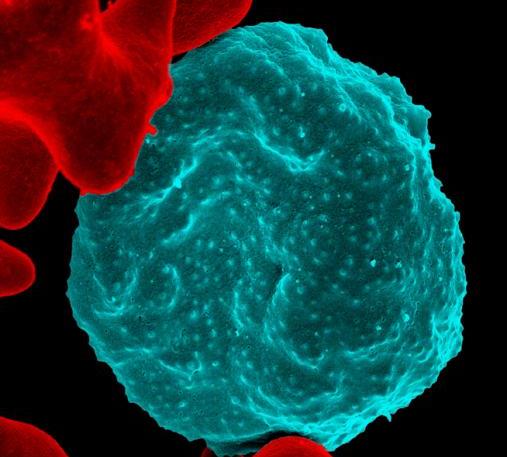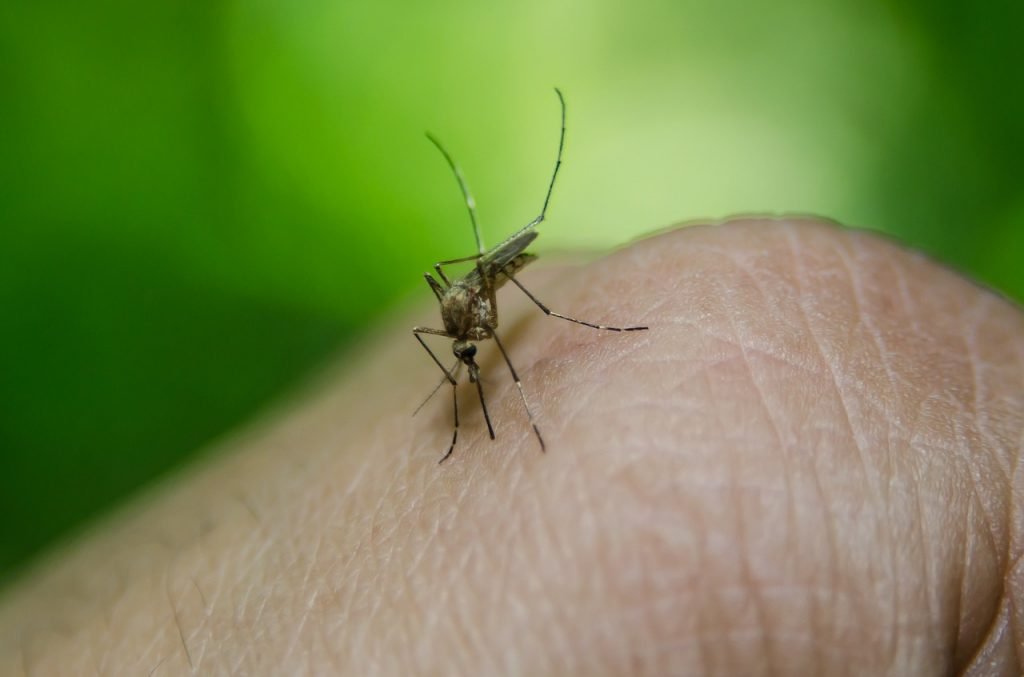Israeli scientists have discovered a new possible defense against malaria after a research study revealed how the life-threatening disease, for which there is no vaccine, tricks and deceives the immune system to keep its life cycle going.
Nearly half of the world’s population is at risk of contracting malaria, according to the World Health Organization (WHO), the disease transmitted by female Anopheles mosquitoes infected by the Plasmodium falciparum parasite. Last year, the WHO recorded over 200 million cases of malaria across the world with an estimated 445,000 people dying of the disease, a majority in Africa which is disproportionally affected. Persons infected suffer from a host of symptoms including high fever, chills, abdominal pains, diarrhea, and vomiting.
SEE ALSO: Israel’s SightDx Detects Malaria In Blood In Only Three Minutes
In a new study published by “Nature Communications,” a peer-reviewed journal focused on natural sciences, researchers at Israel’s Weizmann Institute of Science, working with Irish and Australian colleagues, discovered the inner workings of the malaria parasite, noting its strategy of not only hiding from the immune system but also engaging in subversion by making it activate its defenses against a decoy threat created by the parasites.
Dr. Neta Regev-Rudzki of Weizmann’s Biomolecular Sciences Department and the head of the institute’s team on the malaria research says “malaria is one of the world’s most devastating diseases and that to fight it, “we need to understand the basic biology of Plasmodium falciparum and figure out what makes it such a dangerous killer.”

Malaria-infected Red Blood Cell. Photo by Jim Gathany/Centers for Disease Control and Prevention, SightDx
Malaria-infected Red Blood Cell
The study showed how the parasites communicate with each other to send out a misleading message to the infected person’s immune system, causing it to attack decoy cells as the real infection penetrates the bloodstream initially unhindered. By the time the immune system recovers from its mistake, the infection will have spread significantly.
When the scientists “knocked out” a gene created by a molecular sensor that triggers the false alert, the process was interrupted, offering a possible path toward new treatment.
SEE ALSO: By Improving Access To Basic Necessities, Israeli Technologies Transform Africa, Save Lives
“We’ve discovered a subversive strategy the malaria parasite employs in order to thrive in human blood,” Regev-Rudzki said in a release sent out by the Weizmann Institute. “By interfering with this subversion of the immune system, it may be possible in the future to develop ways of blocking malarial infection.”
Related posts

Editors’ & Readers’ Choice: 10 Favorite NoCamels Articles

Forward Facing: What Does The Future Hold For Israeli High-Tech?

Impact Innovation: Israeli Startups That Could Shape Our Future




Facebook comments